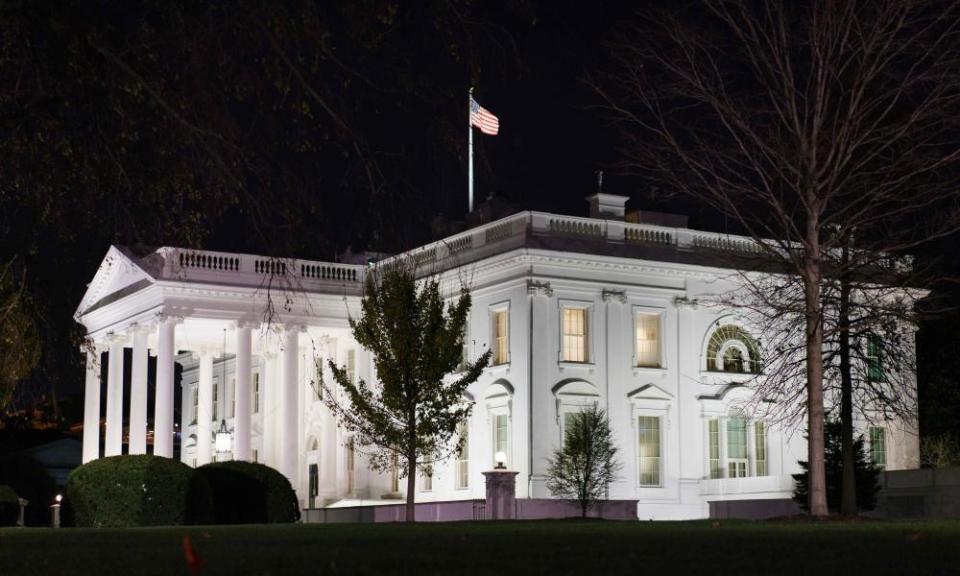Q&A: what does the General Services Administration's decision mean?

The US government’s General Services Administration on Monday ascertained Joe Biden is the apparent winner of the 2020 presidential election, allowing for the presidential transition to officially begin.
Donald Trump on Monday tweeted he had directed his team to cooperate on the transition, but he vowed to continue fighting the election results.
What does the GSA’s decision mean? And why is the step a crucial one in the transfer of power?
What is the GSA?
The GSA is a huge agency that keeps the federal government functioning day to day. In order for a presidential transition to officially begin, the GSA had to recognize a presidential winner – or rather, ascertain the “apparent successful candidate” in the general election. The Presidential Transition Act and other federal policies do not specify how that process should work, but the process is meant to be apolitical.
In typical election years, it occurs without fanfare or discussion shortly after the race is called by major news outlets. In 2016, the agency began making office space available for the winning candidate’s team as early as August, and the transition was able to begin after Hillary Clinton conceded to Trump the day after the election.
Why was the move delayed this year?
The agency and its director, Emily Murphy, a Trump appointee, said it was important to wait to see how litigation by Donald Trump’s campaign and recounts in the days following the election could affect the election results.
In a letter informing Biden of the agency’s move on Monday, Murphy said she “looked to precedent from prior elections involving legal challenges and incomplete counts” in imposing a delay.
Republicans defending Murphy have pointed out that transition was delayed in 2000 as the court battle between Al Gore and George W Bush over the results in Florida played out. But Biden’s team has pointed out that in that case, only 500 votes separated the two candidates in that state. Even in states where Trump is contesting the result, Biden is leading Trump with thousands of votes.
Before Murphy ascertained Biden the winner, House Democrats had sent her a letter asking her to clearly explain the reasons for her delay by Monday.
What does the news mean?
The GSA move allows Biden and his team to access classified briefings and meet with government officials. It also gives Biden officials access to office space and funds to pay the transition team. Prior to the GSA’s move on Monday, the Biden-Harris team had been raising money to fund the transition process, absent access to government-allocated funds.
With the GSA’s approval, Biden’s team can also move over to government email and receive help from the Department of Homeland Security to protect the privacy of incoming officials as they plan out, for example, national security strategies. Until now, the team had also lacked cybersecurity support to shield email and other communication amid concerns that Russia, China, or other foreign adversaries could intercept classified information.
Why is it so crucial?
The Biden administration will face a host of urgent and unprecedented challenges when taking office on 20 January, as coronavirus cases across the US rise and Congress has not agreed on a relief package to mitigate the economic impact of the pandemic.
Biden had warned last week that “because of the lack of ascertainment by the GSA, my transition team hasn’t been able to get access to the information we need to be able to deal with everything from testing and guidance to the all-important issue of vaccine distribution and vaccination plan”.
Last week, as the Biden-Harris team attempted to begin the transition process despite the GSA holdup, they reached out to Trump administration officials who had recently left their posts, in an attempt to glean key information while being locked out of official briefings.

 Yahoo Finance
Yahoo Finance 